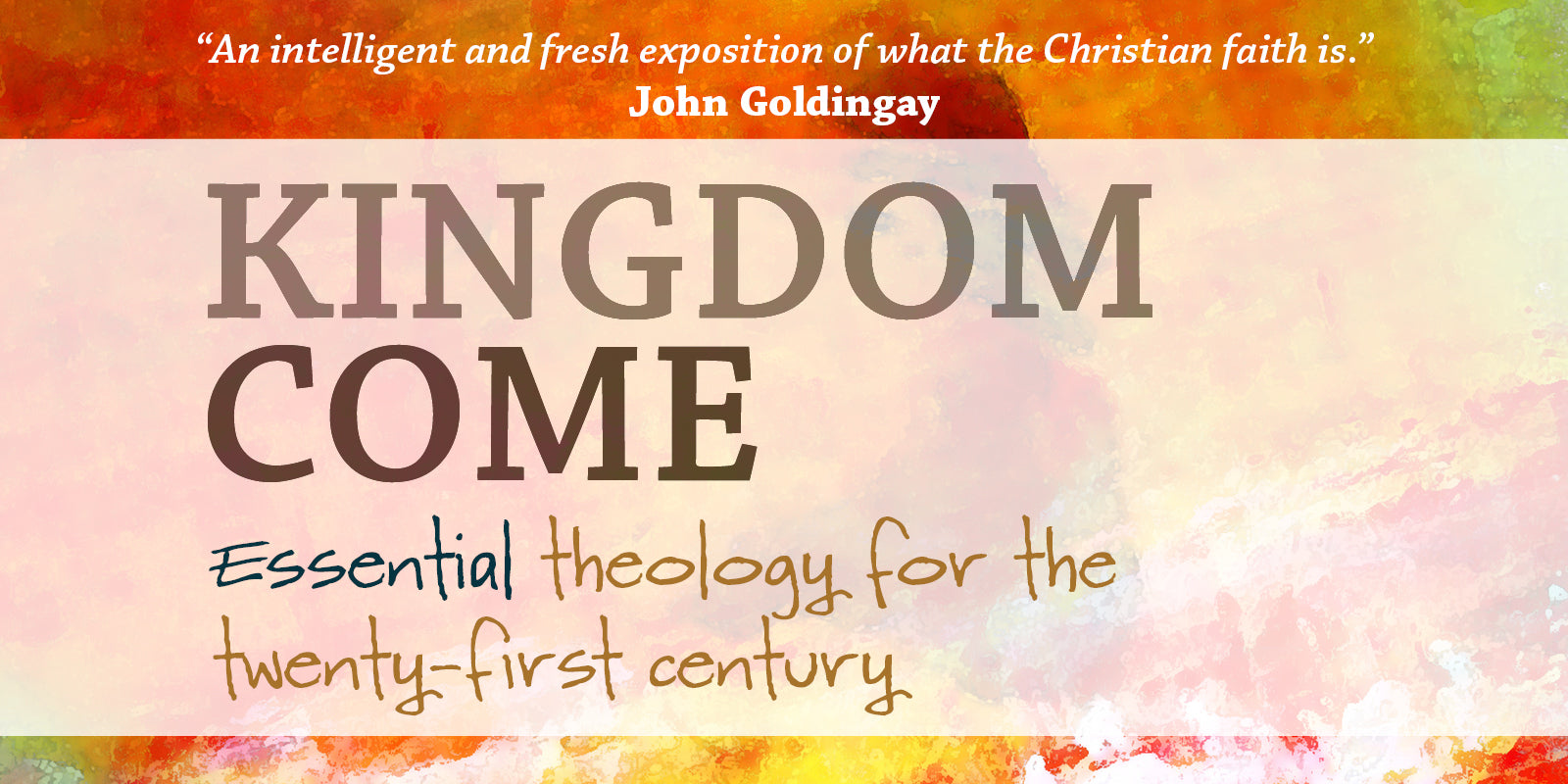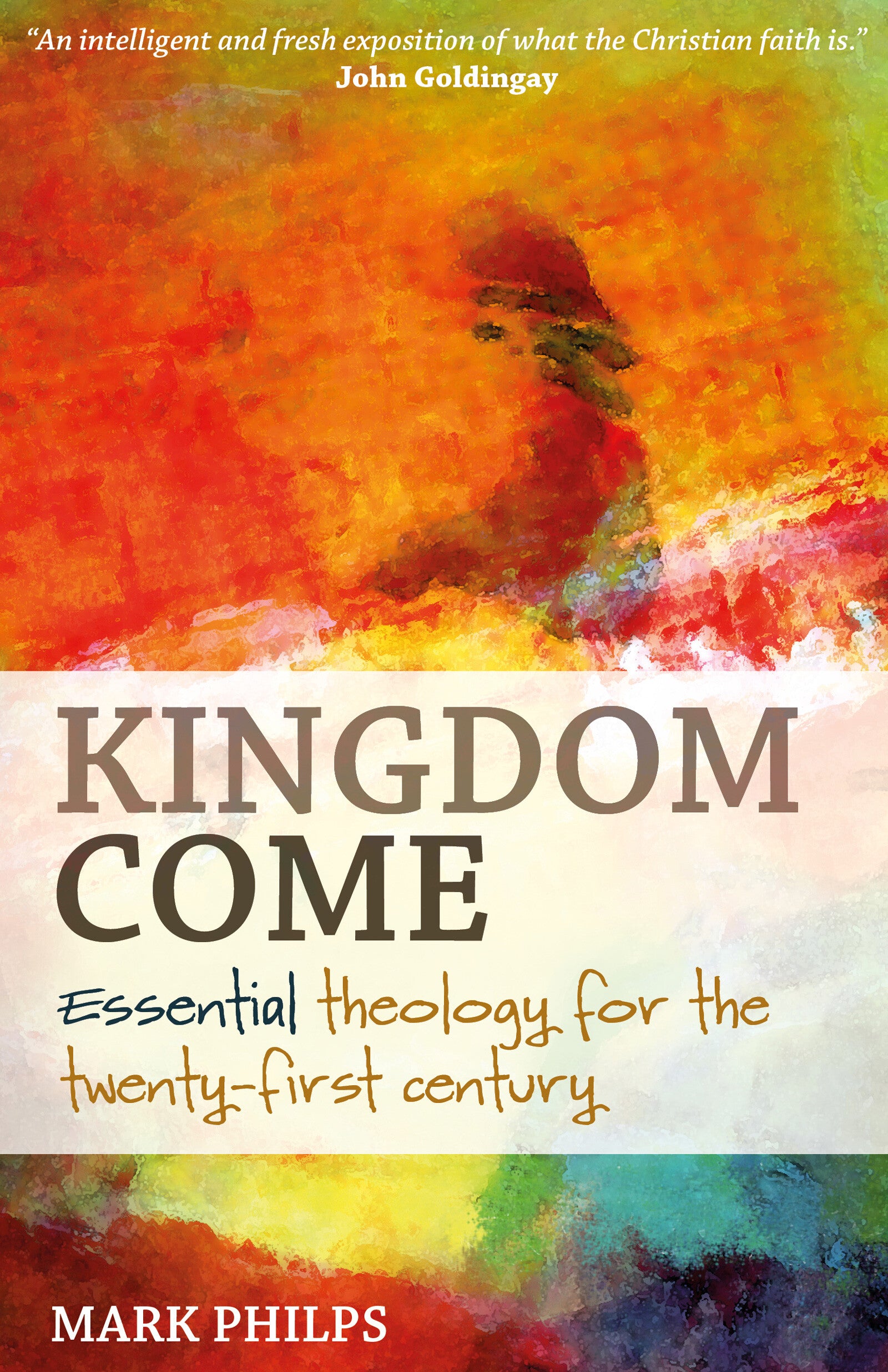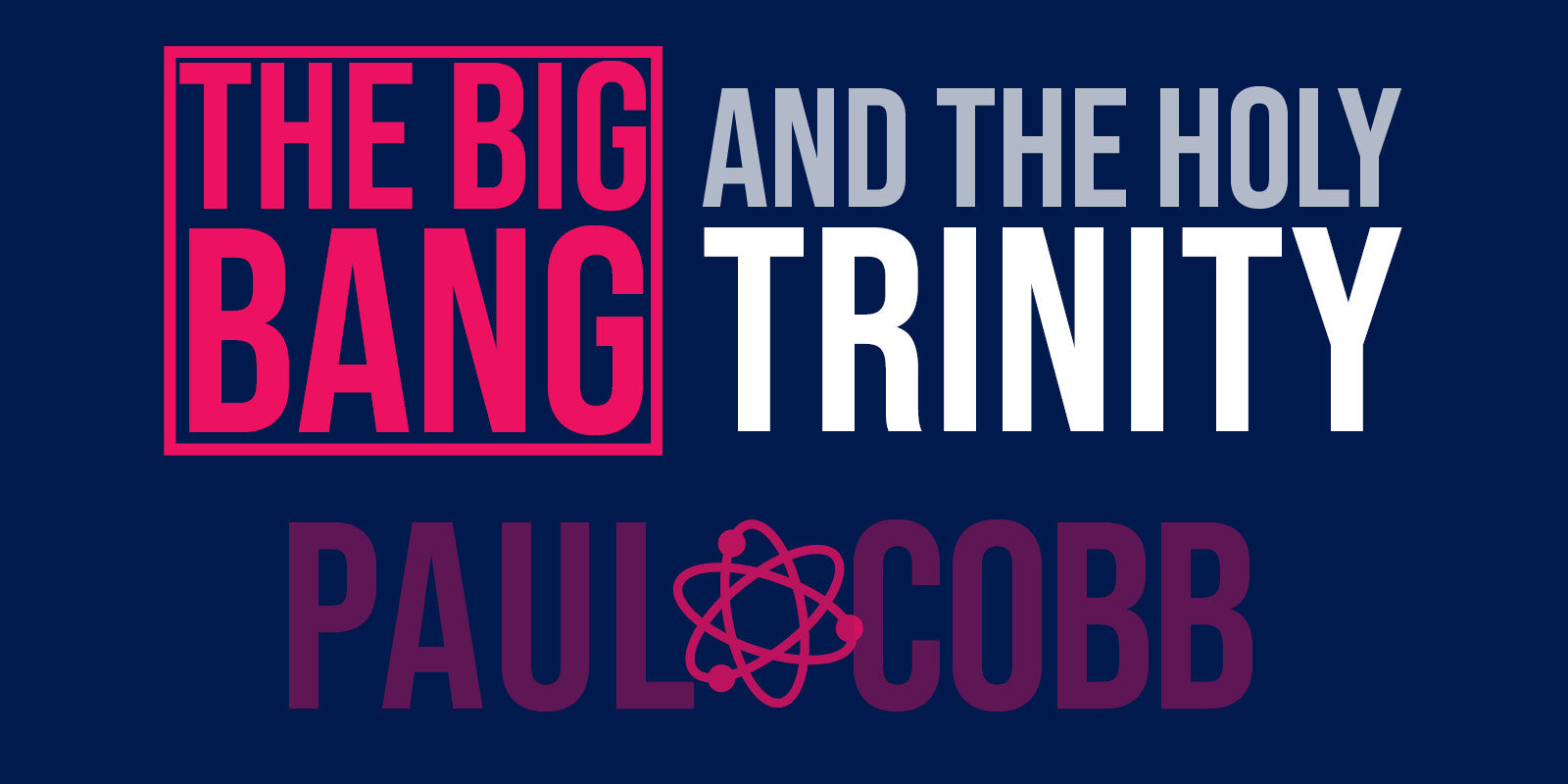 GUEST BLOG: #BookOfTheMonth author Mark Philps explores the topic of incarnation and finds hope in the parallels with our currently limited lives.
GUEST BLOG: #BookOfTheMonth author Mark Philps explores the topic of incarnation and finds hope in the parallels with our currently limited lives.
In the days leading up to Christmas I found myself reading Paul’s letter to the Colossians. Reflecting on the incarnation I was struck again by Paul’s assertion that:
In him [Christ] all the fullness of God was pleased to dwell.
Colossians 1: 19 (NRSV)
Of course I had read these words before. What I had somehow missed is that he says it again in the next chapter (with a change of tense from past to present):
In him the whole fullness of deity dwells bodily.
Colossians 2: 9
It is an extraordinary claim. The infinite God comes in all his fullness to dwell in an infant; the Creator takes up residence in a creature. How this might be possible doesn’t seem to concern Paul. He is content to make the statement and leave it at that. There is, however, one New Testament author who is concerned to explore how this works. The Gospel of John is, from one point of view, an extended exploration of the means and the meaning of incarnation. John paints a portrait of the divine Son as being in very nature God and at the same time subject to a kind of dependence within the Godhead—a dependence specifically on the direction of the Father. This dependence, I believe, is intended to be understood not as a mere condition of the incarnation but as an eternal fact about the person of the Son. I wrote a chapter on this in Kingdom Come: Essential theology for the twenty-first century, so I don’t intend to go over the same ground again. Except to say that, the more research I’ve done on the interpretation of John’s Gospel, the more convinced I’ve become of the rightness of this approach. To any who fancy following up this idea further, I recommend Bishop B. F. Westcott, The Gospel according to St John, which says it all—with detailed exegesis of the text and extensive reference to the Church Fathers.
All this leads me to some thoughts about limitation. God somehow limits himself to the conditions of a human life. What can we learn from that? Limitation can be creative. The pandemic has taken us to a place where limitation is a daily fact of life: limited human contact, limited freedom of movement, economic and financial limitation, unexpected limitation even on life itself. Obviously this has been desperately bad news in so many ways. But that isn’t the whole story. The pandemic has fostered neighbourliness and a sense of the importance of a literal love of neighbour. Many churches have come forward with creative responses to people in need as a result of the economic downturn. On a much larger scale there is the remarkable development of a vaccine against Covid-19 in the space of ten months rather than the usual ten years.
Limitation and creativity belong together. Consider the arts: poetry, painting, music, photography, cinema and other disciplines all explore and exploit the limitations of their medium as a means to creative discovery. Often what looks like a severe limitation—think monochrome film or the rhyme scheme of a sonnet—turns out to be the very means of fresh creative revelation.
I come back to the incarnation. This is God working through self-limitation, a story which begins with his limiting his focus to one obscure individual called Abraham and climaxes in the extreme self-limitation of the cross. Self-limitation turns out to be the supremely liberating and creative act. Whoever loses their life for the sake of Jesus and the gospel will find it.
This is not to say that the pandemic has been a good thing, still less that God sent it. Rather, it is a reminder that with God’s help there are creative possibilities in the most unpromising circumstances.
Mark Philps studied Russian at Oxford University, and spent two years working for the BBC before training for ordination in the Church of England. After thirty-five years in parish ministry he is now retired.
Mark’s book Kingdom Come: Essential theology for the twenty-first century is our January #BookOfTheMonth—get your copy of this “intelligent and fresh exposition of what the Christian faith is” here.
If you would like to keep in touch with Mark, check out his blog.











